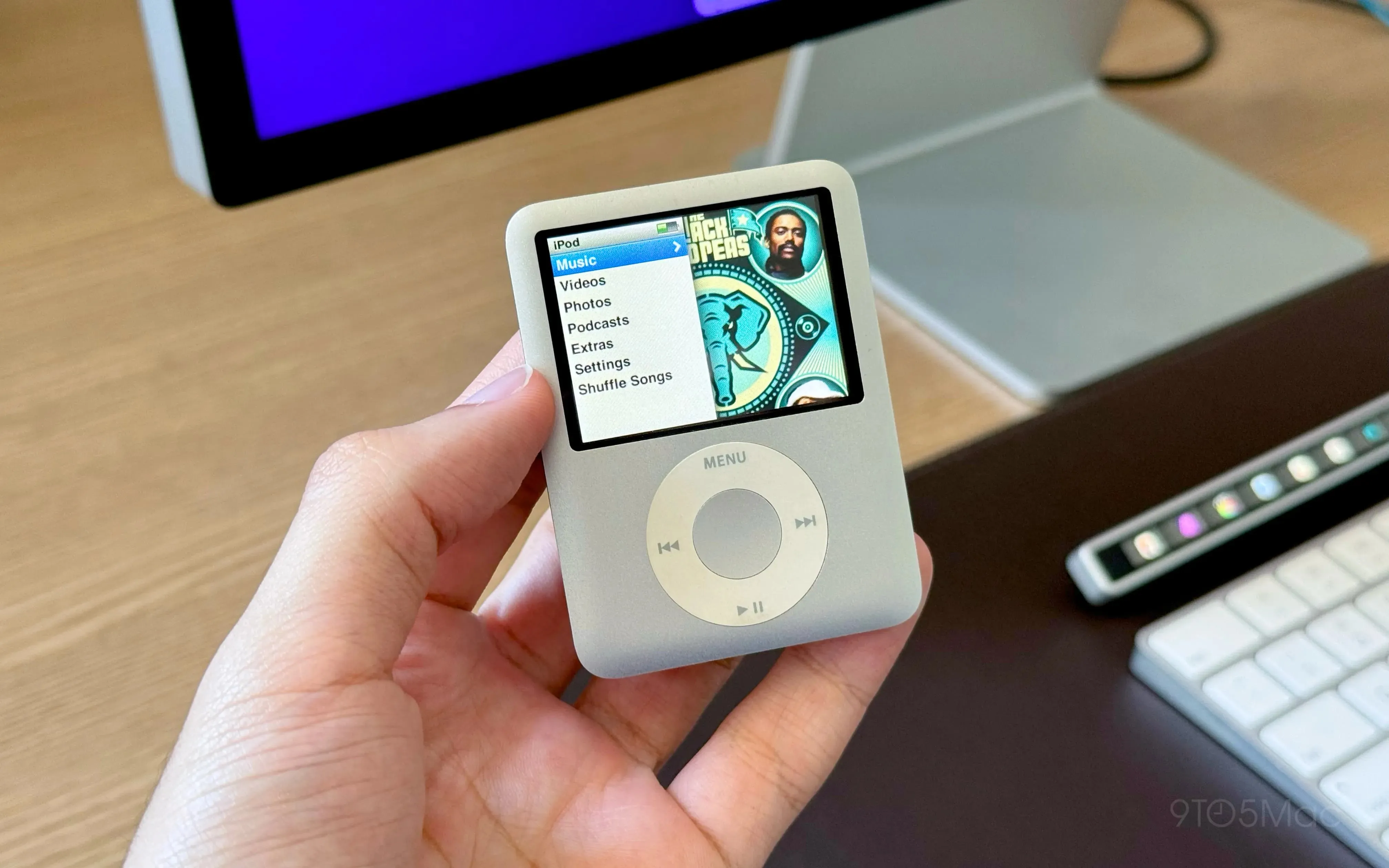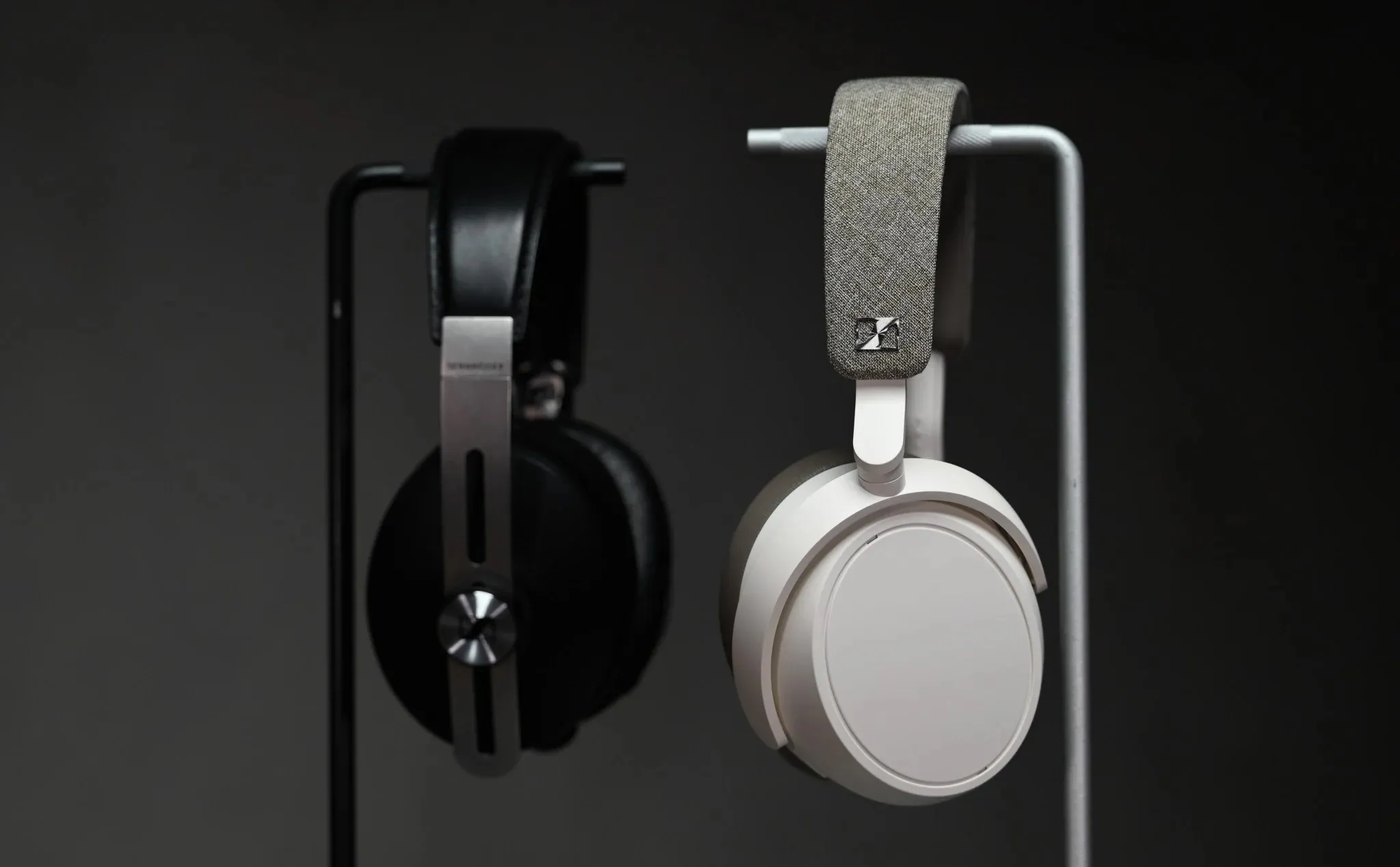For billions of people around the world, WhatsApp has become the go-to messaging app: chats, voice notes, images, videos, group conversations — all of it flows through the service. The app has long offered end-to-end encryption for messages in transit, meaning only sender and recipient can read them. However, until recently, one part of the equation remained weaker: backups of those messages stored in the cloud.
Now, WhatsApp is taking a major step forward in securing those backups. The latest update introduces passkey-based protection for your chat backup stored in iCloud or Google Drive. This isn’t simply a new password prompt — it replaces traditional passwords with biometrics and device-bound credentials, making it easier and more secure.
In this article we’ll explain what this new passkey backup feature is, why it matters for users’ privacy and security, how it works on both iOS and Android, what the rollout timeline is, and what users should consider when enabling it.
Why the Update Matters
Closing a Major Security Gap
While WhatsApp’s messages were encrypted end-to-end during transmission, storing a backup in the cloud introduced vulnerability. The cloud provider or anyone who gains access to your backup key could potentially access chat history. This new passkey-based system raises the protection of backups to near the same standard as live chats.
Simpler, Stronger Authentication
Previously, enabling encrypted backups required either a long 64-digit encryption key or a custom password. Many users found this cumbersome or risked losing access permanently. With passkeys, you now use biometric unlock or your device’s secure lock screen to access backups — making security more user-friendly and less error-prone.
Aligning With the Passwordless Evolution
The shift to passkeys is part of a broader industry move away from passwords towards device-bound credentials and biometrics. By bringing passkey support to backups, WhatsApp confirms that security isn’t just about chats in real-time — it’s about the entire messaging ecosystem.
Elevated Privacy for Users
For users storing years of chats, photos and attachments, the new option signals that WhatsApp is serious about protecting every layer of your data — including the archived, backed-up part. If your account or device is compromised, this gives you one more line of defense.

How the Passkey Backup Feature Works
1. Go to the Right Settings
On your phone launch WhatsApp, then navigate to Settings → Chats → Chat Backup → End-to-End Encrypted Backup. This is where you’ll find the new passkey option (if rolled out on your device).
2. Choose Your Method
Rather than entering a password or managing a long key, you’ll now choose a passkey, which is tied to your device’s secure biometric login (Face ID, fingerprint) or screen lock. The backup remains encrypted and the passkey is required to decrypt it.
3. Backup Still Stored in Cloud
Your chats and media are still backed up to iCloud (on iOS) or Google Drive (on Android) as before. But now they are encrypted in a way that only your device/passkey can unlock them. Neither WhatsApp nor the cloud provider can access that content.
4. Recovery & Device Changes
Because the passkey is device-bound, you’ll be guided through transferring or restoring when you switch phones. If you forget or lose access to your passkey and device, you risk losing access to your backup. WhatsApp emphasises user responsibility here.
5. Rollout Plan
The feature is rolling out gradually to both iOS and Android users over the coming weeks and months. If you don’t see it immediately, you may need to update the app and wait for your region’s release.
What Users Should Know Before Enabling
Backup Access is Now Tied to Your Device
Because the passkey is linked to your device’s secure credentials, losing the phone, forgetting your lock screen or biometric methods could mean you lose access to your backup archive. Make sure you understand your recovery options.
It’s Optional, Not Automatic
Enabling is up to the user. If you’re comfortable with the previous setup (password or 64-digit key), you can continue as is — but the passkey option offers a better balance of security and usability.
Stronger Security Doesn’t Equal Complete Immunity
While backups are now much more secure, no system is invulnerable. If your phone is compromised, or if someone obtains your credentials, risk remains. This step closes a gap, but good security hygiene is still required.
Be Cautious When Switching Devices
When moving to a new phone, be sure to follow the provided steps for restoring the passkey-protected backup. Failing to do so may leave you locked out of your chat history.
Region and Device Delays
If the feature has not yet appeared on your device, don’t worry — the rollout is phased. Keep your app updated and check back after a few days or weeks.

What This Means for Broader Security Landscape
The Standard for Encrypted Backups
By supporting passkeys for backups, WhatsApp sets a precedent for other messaging apps. It signals that not only live chats but stored data must be protected by device-bound credentials and modern cryptographic methods.
Pressure on Cloud Providers
Since cloud-backed data is a weak point in many messaging systems, this update shines a light on how future backups should be managed — ideally encrypted in a way that cloud providers or operators cannot access them.
Forward Movement in Passwordless Identity
As passkey adoption rises, fewer users rely on passwords and more on device-based keys. WhatsApp’s rollout accelerates that trend, especially for mainstream consumers who might otherwise struggle with password managers or long encryption keys.
Industry & Regulatory Impact
Messaging providers face increasing regulatory and privacy demands. Encryption of backups and passkeys may become a market expectation or regulatory requirement in some jurisdictions. WhatsApp’s move may pre-empt those pressures.
The addition of passkey protection for backups on WhatsApp marks a significant improvement in messaging-app security. It addresses a long-standing vulnerability — the fact that backed-up chats were less protected than live messages. With this update, users can choose a simpler, stronger method of securing their chat history using device-bound credentials and biometrics.
While no system is 100% foolproof, this change brings WhatsApp’s backup security much closer to the same standard users expect for active chats. For anyone who stores years of memories, group chats, photos and voice notes in WhatsApp, the update is timely and meaningful.
When the rollout arrives on your device, it’s worth exploring the feature, understanding how it works, and opting into it if you value stronger privacy and simpler authentication. In a digital world where data stays long after messages are sent, securing the backups matters as much as securing the chats themselves.




-1709778929.jpg)
